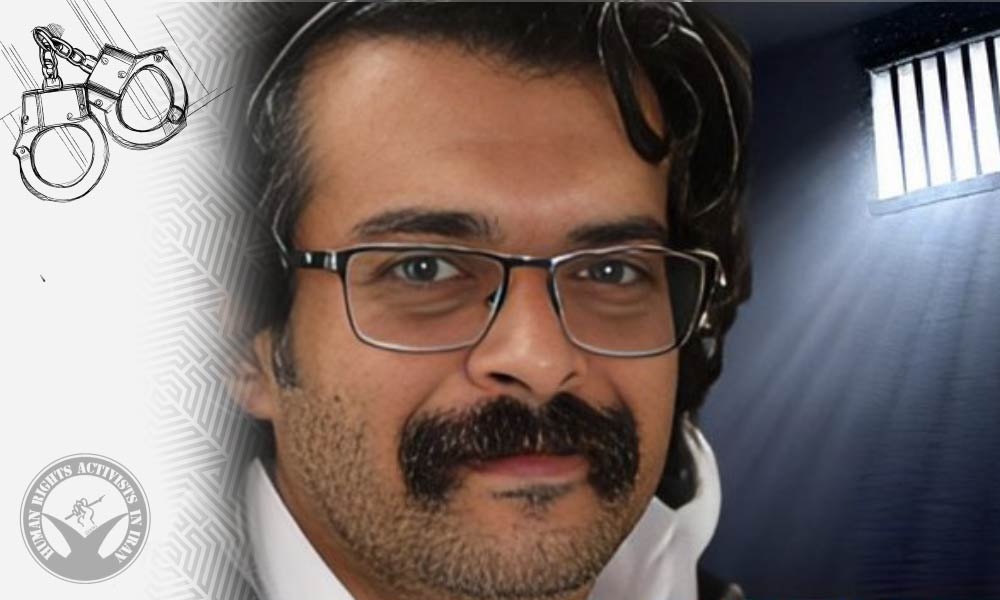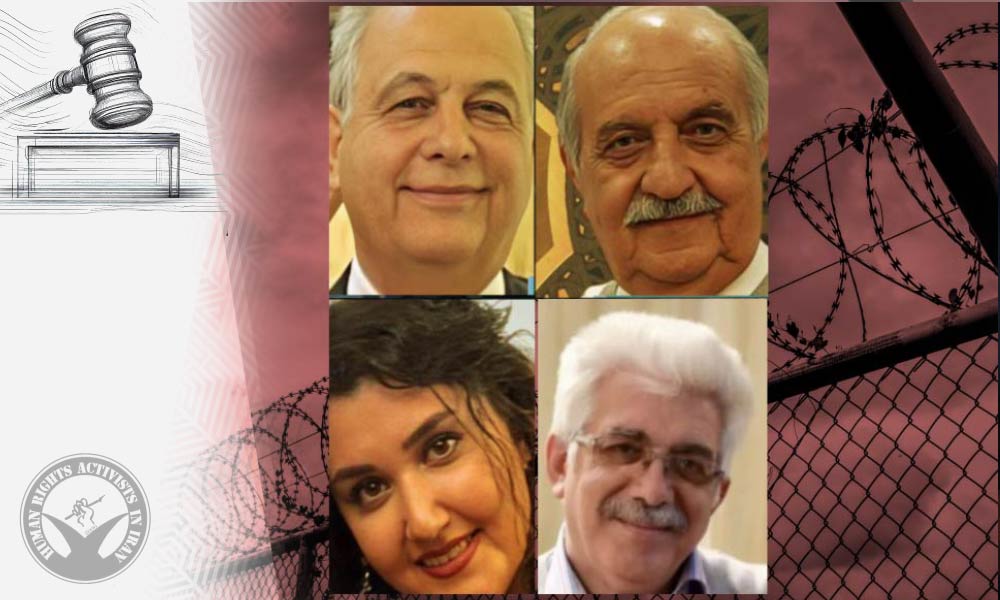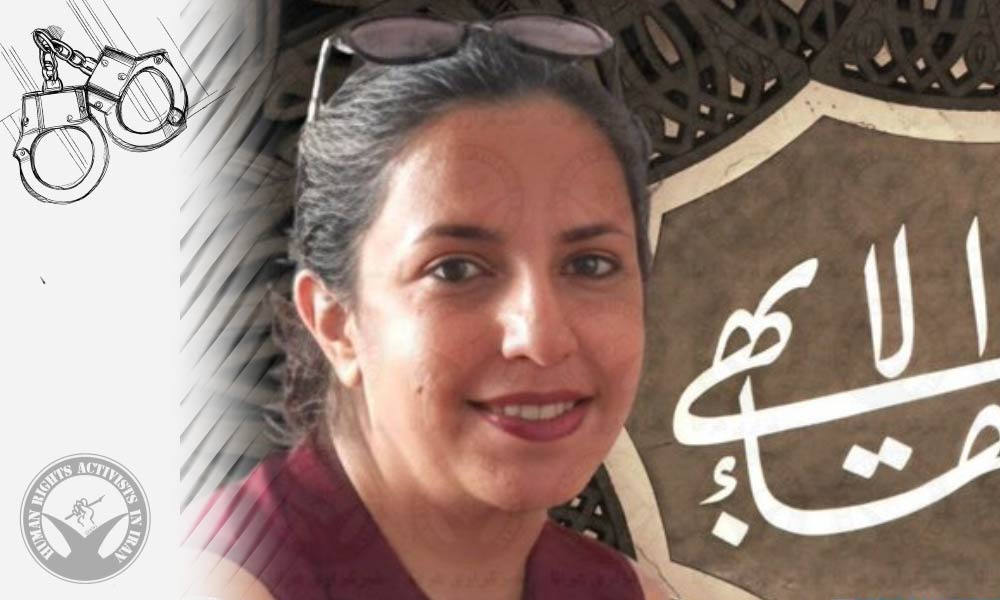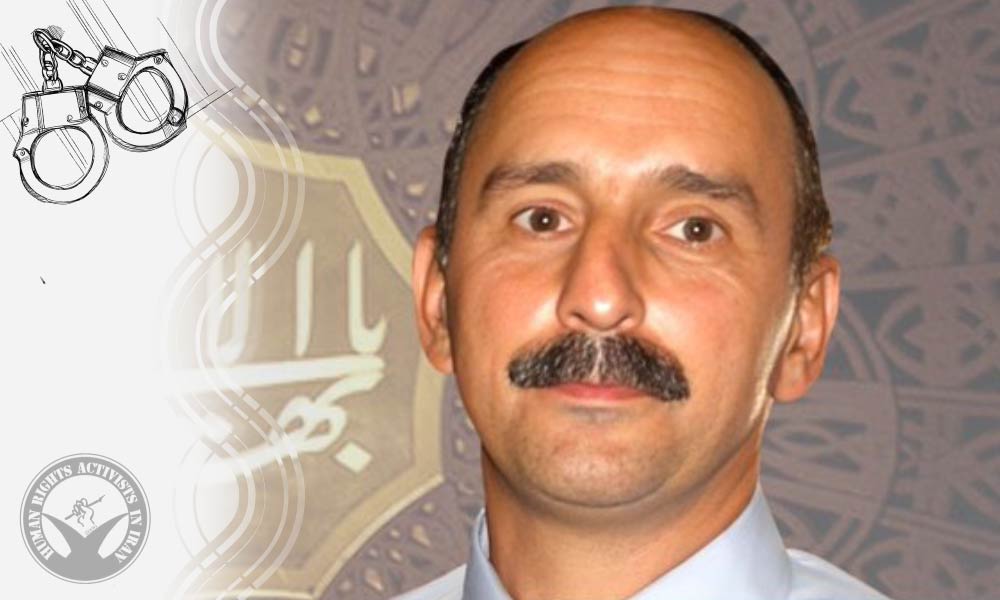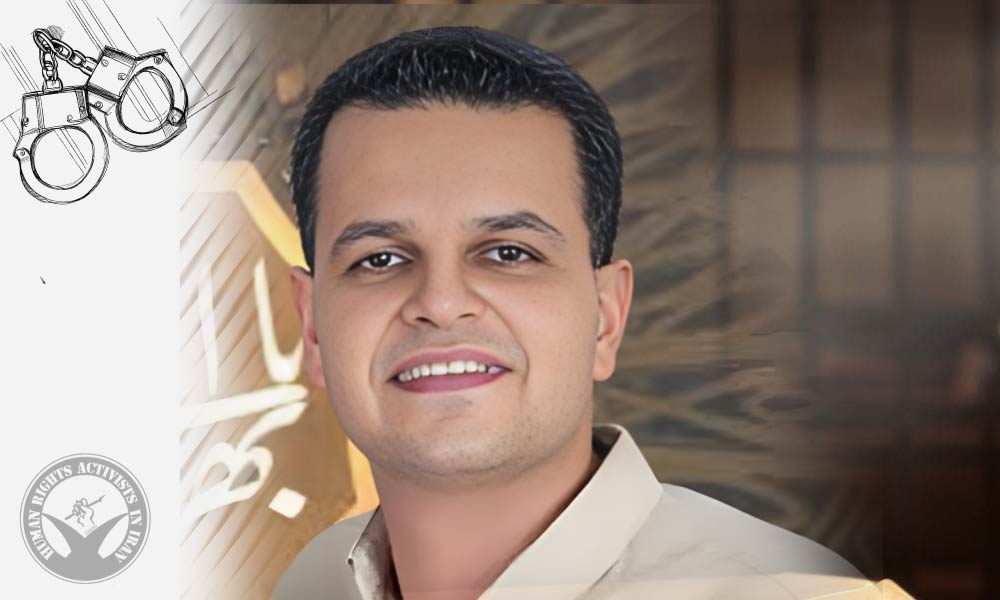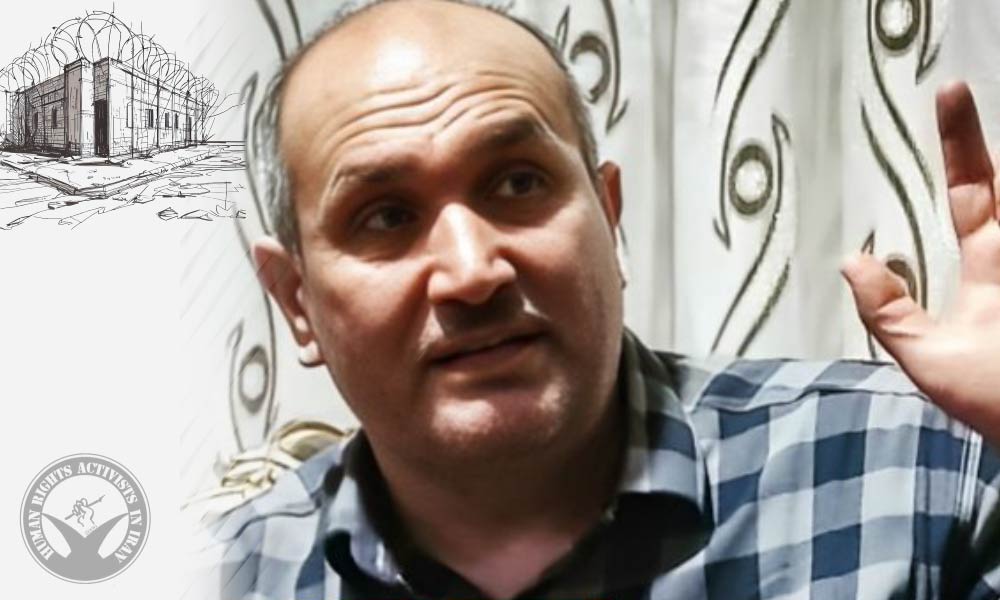On October 17, Arash Moradi, a Gonabadi Dervish, was arrested by security forces in Kashan and promptly taken to an undisclosed facility.
A source with close ties to his family has informed HRANA that Moradi’s arrest unfolded at his place of work, where the agents conducted a search and confiscated some of his personal belongings.
The motivations behind Moradi’s arrest, his current whereabouts, and the specific charges brought against him remain shrouded in uncertainty.
Moradi was previously detained during the 2018 Dervish protests and subsequently sentenced to one year in prison. After serving his sentence, Moradi was released from the Great Tehran Penitentiary.
This development takes place against the backdrop of a broader pattern of suppression and persecution faced by the Gonabadi Dervish community in Iran, who have long struggled against government restrictions on their religious practices and their peaceful expressions of dissent.



